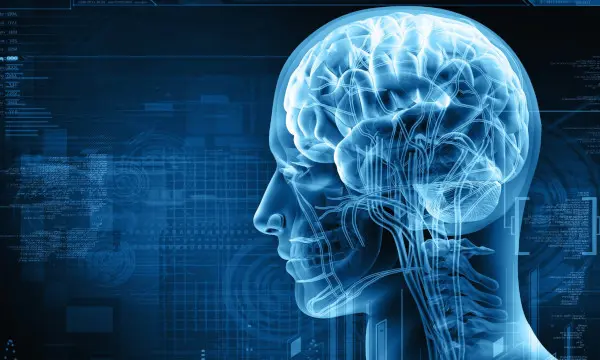Top Diagnostic Services
- 2D ECHO Scan
- ULTRASOUND WHOLE ABDOMEN
- PET CT WHOLE BODY
- MRI LUMBAR SPINE
- ELECTROCARDIOGRAM (ECG)
- MRI BRAIN PLAIN
- ULTRASOUND TIFFA
- CT PNS
- ULTRASOUND ABDOMEN - FEMALE
- MRI RIGHT KNEE JOINT
- ULTRASOUND ABDOMEN - MALE
- X - RAY SCANOGRAM WHOLE SPINE
- ULTRASOUND PELVIS
- CT BRAIN PLAIN
- ULTRASOUND ABDOMEN AND PELVIS
- MRI CERVICAL SPINE
- ULTRASOUND NT SCAN
- CT CONTRAST 100 ML
- X-RAY CHEST PA VIEW
- CT KUB PLAIN
- MAMMOGRAPHY BOTH BREASTS
- ULTRASOUND KUB
- ULTRASOUND ANTENATAL
- ULTRASOUND EARLY PREGNANCY
- MRI LEFT KNEE JOINT
- TREAD MILL TEST (TMT)
- CT CALCIUM SCORE
- MRI FISTULOGRAM
- TC99M MDP BONE SCAN
- CT ABDOMEN PELVIS PLAIN
- CT CHEST PLAIN
- ULTRASOUND NECK
- DOPPLER SCROTAL
- MRI LEFT KNEE JOINT
- MRI SCREENING
- ULTRASOUND BREAST
- MRI RIGHT SHOULDER JOINT
- DTPA RENOGRAM
- MRI STROKE PROTOCOL
- ULTRASOUND SCANNING FOLLICULAR STUDY-1 SITTING
- DOPPLER ANTENATAL
- HSG (HYSTEROSALPINGOGRAM)
- MRI WHOLE SPINE
- HIGH RESOLUTION ULTRASOUND (HRUS)
- ULTRASOUND TRANSVAGINAL SCAN (TVS)
- MRI CONTRAST 10 ML
- MRI LEFT SHOULDER JOINT
- BMD PACKAGE - SPINE, HIPS, WRISTS
- CT WHOLE ABDOMEN PLAIN
- BONE DENSITOMETRY WHOLE BODY
Top Lab Tests
- CREATININE, SERUM
- Thyroid Profile Test(T3,T4,TSH)
- COMPLETE BLOOD PICTURE (CBP)
- GLUCOSE FASTING
- LIVER FUNCTION TEST (LFT)
- SEMEN ANALYSIS
- HBA1C
- VITAMIN B12
- LIPID PROFILE
- COMPLETE URINE EXAMINATION
- THYROID STIMULATING HORMONE (TSH)
- C-REACTIVE PROTEIN (CRP), SERUM
- CULTURE AND SENSITIVITY, URINE
- BLOOD GROUPING ABO & RH TYPING, EDTA WHOLE BLOOD
- BETA HCG TOTAL
- Uric Acid -Spot Urine
- HEPATITIS B SURFACE ANTIGEN (HBSAG) RAPID
Top Health Packages
- Essential Health Checkup
- Master Health Checkup
- Whole Body Health Checkup
- Advanced Heart Checkup
- Thyroid Health Checkup - Essential
- Sprint Premarital Checkup - Male
- Sprint Premarital Checkup - Female
- Hairfall Checkup Package - Essential
- Liver Health Checkup - Essential
- Kidney Health Checkup - Advanced
- Diabetic Package - Total
- PCOD Screening - Essential
- Obesity Package - Advanced
- Smoker Panel - Advanced





